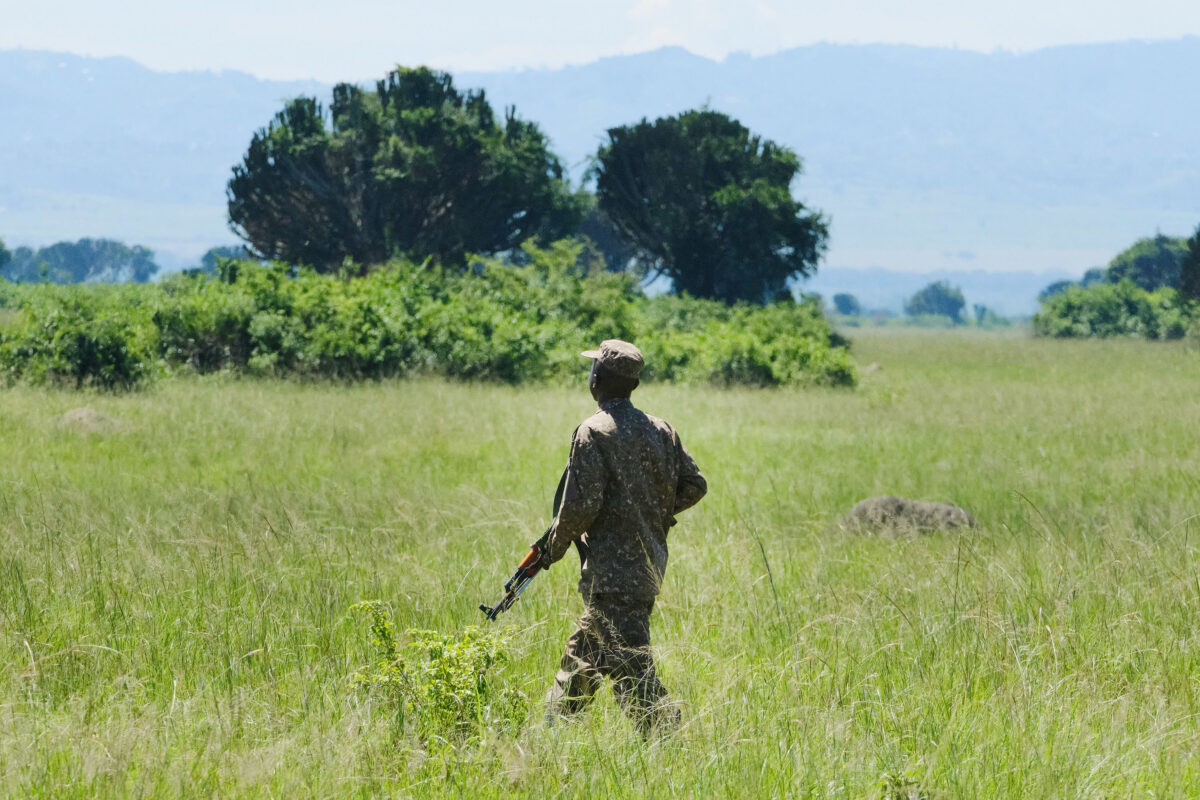
The government of Guinea has announced a temporary nationwide suspension on timber-related activities in a decisive effort to combat deforestation and preserve its rapidly diminishing forest cover.
In a statement released on Tuesday, the Ministry of Environment and Sustainable Development declared that from July 7 to September 30, 2025, all activities involving the cutting, transport, and import of timber—including the movement of planks—will be prohibited across the country.
The decision is part of an annual initiative known as the “biological rest,” designed to give forests time to regenerate during the rainy season.
“The measure is rooted in Law L/2017/060/AN of 12 December 2017 and Order A/2016/5059/MEFF of 5 September 2016, especially Articles 42, 59, and 81 concerning the sustainable management of forest resources,” the ministry stated.
Authorities have called on all relevant actors—ranging from local governments and customs to the environmental gendarmerie and the Guinean Timber Office—to enforce the ban vigilantly.
“Any violation will be punished in accordance with current regulations,” the ministry warned.
It also noted that the exact date for the resumption of logging will be communicated later.
The move comes amid alarming trends in forest loss. According to Global Forest Watch data, Guinea lost approximately 149,000 hectares of natural forest between 2001 and 2024, representing a 6.7% drop compared to the forested area in 2000.
In 2023 alone, over 9,200 hectares were cleared—mostly in the ecologically sensitive Guinée Forestière region.
The Food and Agriculture Organization of the United Nations reported that Guinea had 6.7 million hectares of forest cover in 2020—roughly 28% of its land area—an area that has been steadily shrinking for decades.
Guinea’s forests, which stretch from Fouta Djalon to Ziama and Mount Nimba, are part of the Guinean Forests of West Africa, one of the world’s 36 biodiversity “hotspots,” as identified by Conservation International.
These ecosystems are under severe pressure from deforestation, shifting agriculture, mining, and bushfires.
While several environmental NGOs have praised the ban, they stress the importance of providing economic alternatives for communities reliant on logging.
They believe that if properly enforced, the biological rest period could support ecosystem recovery and improve resilience among rural populations.



